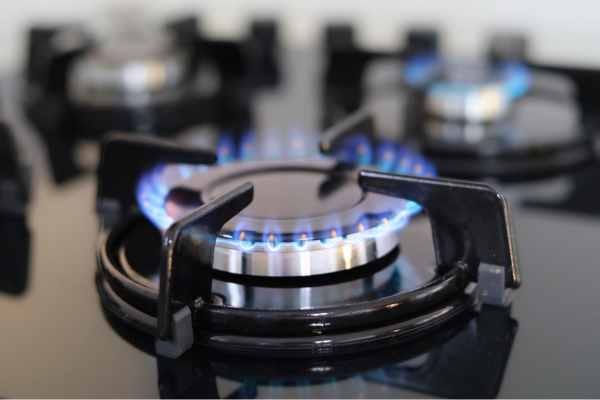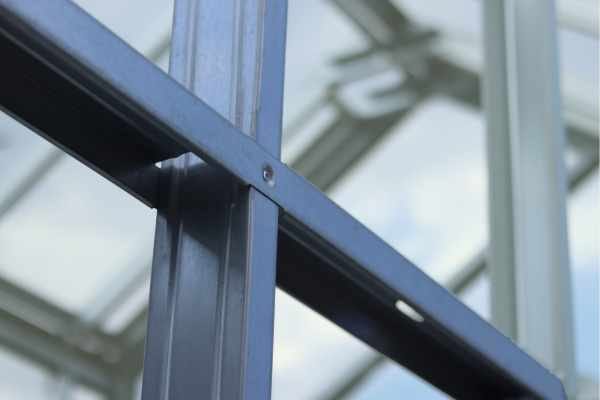Goodbye to gas for new builds
Electric-only rules for new buildings in Victoria and the City of Sydney aim to lower emissions and energy costs.

In a step towards cleaner, cheaper, all-electric homes, the Victorian government last month revealed plans to phase out gas appliances.
From January 2027, new residential homes in Victoria will only be permitted to install electric heating, cooking and hot water appliances in a move that has also been echoed in some council areas in NSW.
In Australia, buildings account for around 19% of total energy use and 18% of direct carbon emissions, according to federal government figures.
Gas use in homes and commercial kitchens has come under particular scrutiny due to its contribution to urban carbon emissions, health risks associated with indoor air pollution, and long-term infrastructure costs.
The Victorian government says the shift to electric appliances will put around $880 per year back in the pockets of new homeowners, or $1,820 if they also have solar panels. It says the regulations will also apply to new commercial buildings excluding those built for industrial, manufacturing and agricultural industries.
"We know that all-electric homes with efficient appliances combined with solar on the roof are much cheaper to run than homes with gas."
The Victorian government is also rolling out a broader package of building reforms, including energy-efficient upgrades for rental homes which it says is designed to save renters “potentially thousands of dollars a year”.
“The new building regulations and the housing and building standards will provide certainty for households and businesses, improve energy efficiency, and help to keep bills low,” Minister for Housing and Building Harriet Shing said.
The Property Council of Australia said it welcomed this move towards electrification, describing it as an important step towards an efficient, all-electric future at a time when cost of living pressures remain at historic highs.
“We know that all-electric homes with efficient appliances combined with solar on the roof are much cheaper to run than homes with gas,” the Property Council's national policy director Frankie Muskovic said.
Councils stepping up
The NSW Government is not expected to deliver a gas decarbonisation roadmap until late 2026. In the meantime, councils across the state – including the City of Parramatta, the City of Newcastle and Lane Cove and Waverley councils – are stepping up with their own planning rules around the phasing out of gas appliances.
Last week the City of Sydney joined their ranks, proposing all-electric planning rules for new residential buildings, large commercial buildings and hotels in the City of Sydney local area.
The council says building emissions currently account for around 68% of the city’s total carbon footprint, largely due to their reliance on gas and coal-powered electricity.
The new rules are expected to come into force on 1 January 2026, when new residential developments will need to ensure indoor appliances such as cooktops and heaters are electric. The council is also proposing to extend the rules to include outdoor appliances.
Gas was once considered a cheaper option for heating, hot water and cooking, but energy experts say this is no longer the case. As the price of gas has been rising, electric household appliances have become increasingly efficient – especially when paired with rooftop solar.
Heating and cooling: Electric reverse-cycle air conditioners based on heat pump technology generate efficient warmth in winter and cooling in summer.
Water heating: Electric heat pump systems deliver a more efficient water heating solution by using ambient heat from the air to warm water.
Cooking: Electric induction cooktops provide precise, fast and safe cooking minus the issues associated with an open flame.





